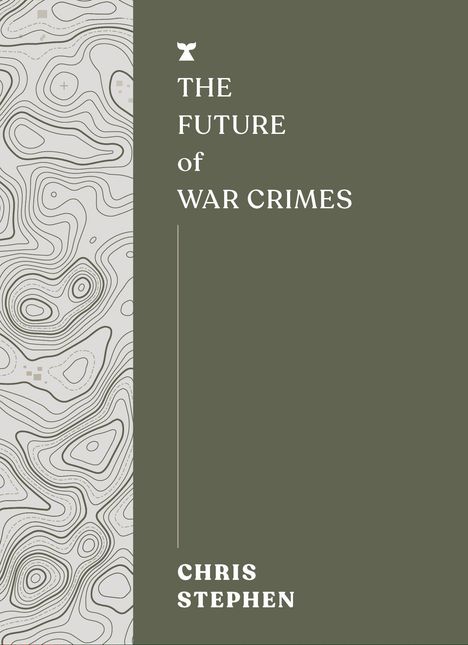Chris Stephen: The Future of War Crimes Justice, Kartoniert / Broschiert
The Future of War Crimes Justice
(soweit verfügbar beim Lieferanten)
- Verlag:
- Melville House Publishing, 03/2024
- Einband:
- Kartoniert / Broschiert
- Sprache:
- Englisch
- ISBN-13:
- 9781685891190
- Artikelnummer:
- 11533258
- Gewicht:
- 367 g
- Maße:
- 178 x 114 mm
- Stärke:
- 11 mm
- Erscheinungstermin:
- 12.3.2024
- Hinweis
-
Achtung: Artikel ist nicht in deutscher Sprache!
Klappentext
From Russia to The Democratic Republic of Congo to Myanmar, Chris Stephen ponders the future of prosecuting war criminals who think themselves untouchable in this timely new book, part of Melville House FUTURES series.
We are all too familiar with the horrors of war. Throughout history, rules have been laid down to govern the conduct of war, with varying success. Today, the International Criminal Court (ICC) in the Netherlands is the world's first permanent war crimes court, but since it opened in 2002, it has jailed just 4 people. So what has gone wrong?
Journalist and ex war-correspondent Chris Stephen takes a look at the colorful history of how war law was devised, asking complicated and important questions such as:
- What constitutes a war crime?
- How and when can the law step into prosecute?
Today, membership of the ICC is voluntary. Of the UN's 193 member states, 123 are in the ICC. But most of the world's war crimes are committed by the other 70. Simply put, governments that commit war crimes don't join the ICC -- like Russia, for example.
How then, do we go after war criminals? Follow the money, argues Stephen, and go after the banks and corporations that enable warlords. It worked for Al Capone, who, famously, was jailed not for his many killings, but for not paying his taxes. It was the same for Milosevic: years were spent gathering records, so judges could be shown he pulled the financial strings.
Corporations and banks, span the world. Democracies and dictators both rely on them. The future of war crime courts demand they hit all the enablers, whether they wear battle fatigues or three-piece suits.

